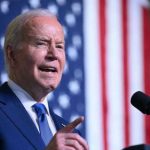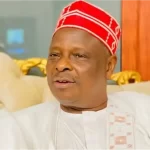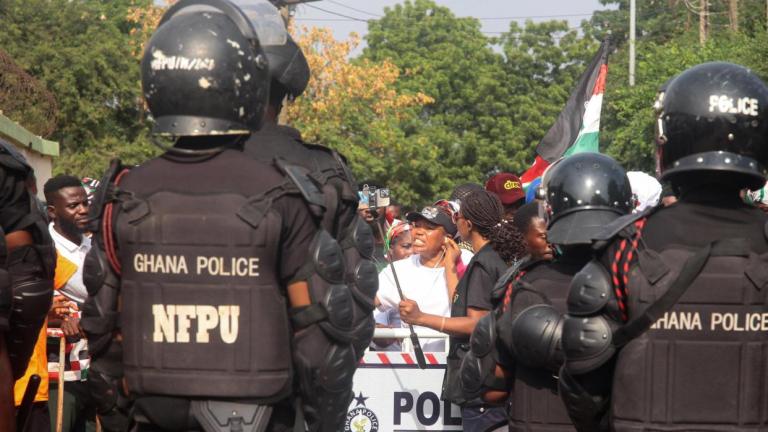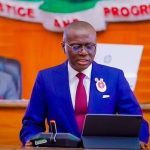No fewer than 100 persons who were supporters of Ghana’s President-elect, John Mahama have been arrested following post-election violence recorded in the just concluded election.
New Telegraph reports that the presidential election held on Saturday across the country’s Local Government Areas of recorded attacks on state institutions, looting, and arson, with electoral commission offices torched in protest over delayed results and contested parliamentary outcomes.
Police and military personnel have been injured in the disturbances, and authorities have pledged to restore order.
President-elect Mahama, who secured victory with 56.6% of the vote against Vice-President Mahamudu Bawumia’s 41.6%, denounced the violence during a live broadcast on Tuesday night.
“I call on the president and security agencies to act decisively to curb the ongoing acts of lawlessness immediately,” Mahama stated, urging his supporters to exercise restraint.
Police have arrested 106 suspects, including nine suspects accused of burning an electoral commission office in the Eastern Region.
The Ghanaian army has also cautioned against attempts to disarm soldiers deployed to maintain order, warning that military personnel have the authority to use lethal force if necessary to protect lives and property.
In a statement, Brigadier General E. Aggrey-Quarshie affirmed the military’s commitment to upholding peace, while also issuing a stern warning against further disruptions.
Civil society groups and Catholic bishops have condemned the violence, describing it as “unacceptable” and contrary to Ghana’s values of peace and unity.
The bishops urged political leaders to hold their supporters accountable and promote calm.
Mahama’s National Democratic Congress (NDC) has also secured a significant parliamentary majority, winning 186 seats against the New Patriotic Party’s (NPP) 76, with 10 seats still pending declaration.
Ghana’s tradition of “winner-takes-all” politics has exacerbated tensions during past political transitions, with victorious party supporters often taking over state institutions and demanding the removal of government appointees.
Outgoing Vice-President Bawumia urged the president-elect to rein in his supporters, stating the need for a peaceful transition.
Mahama is set to be sworn in on January 7, 2025, amid heightened expectations of economic reforms, job creation, and the removal of unpopular taxes that were central to his campaign promises.








